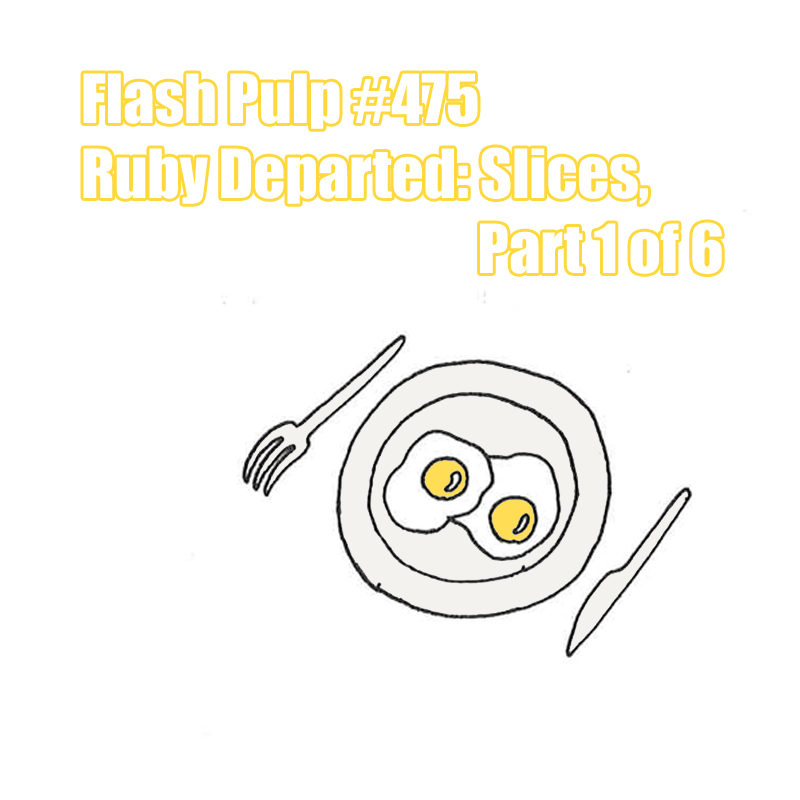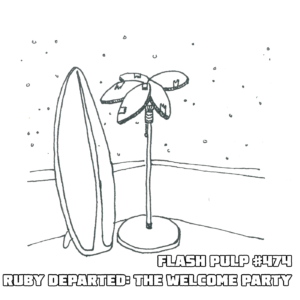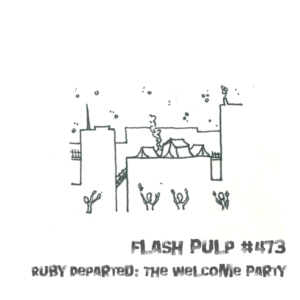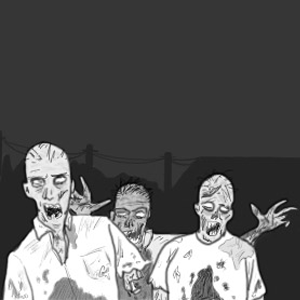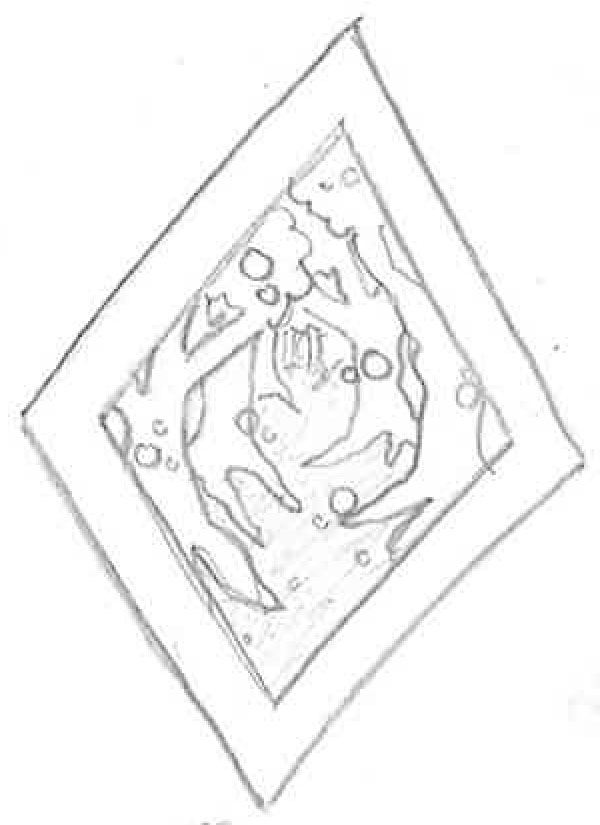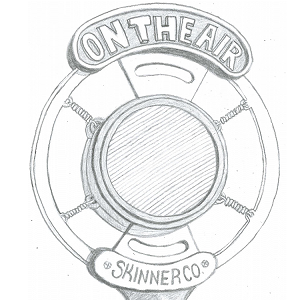FC139 – Hobbits in Barrels
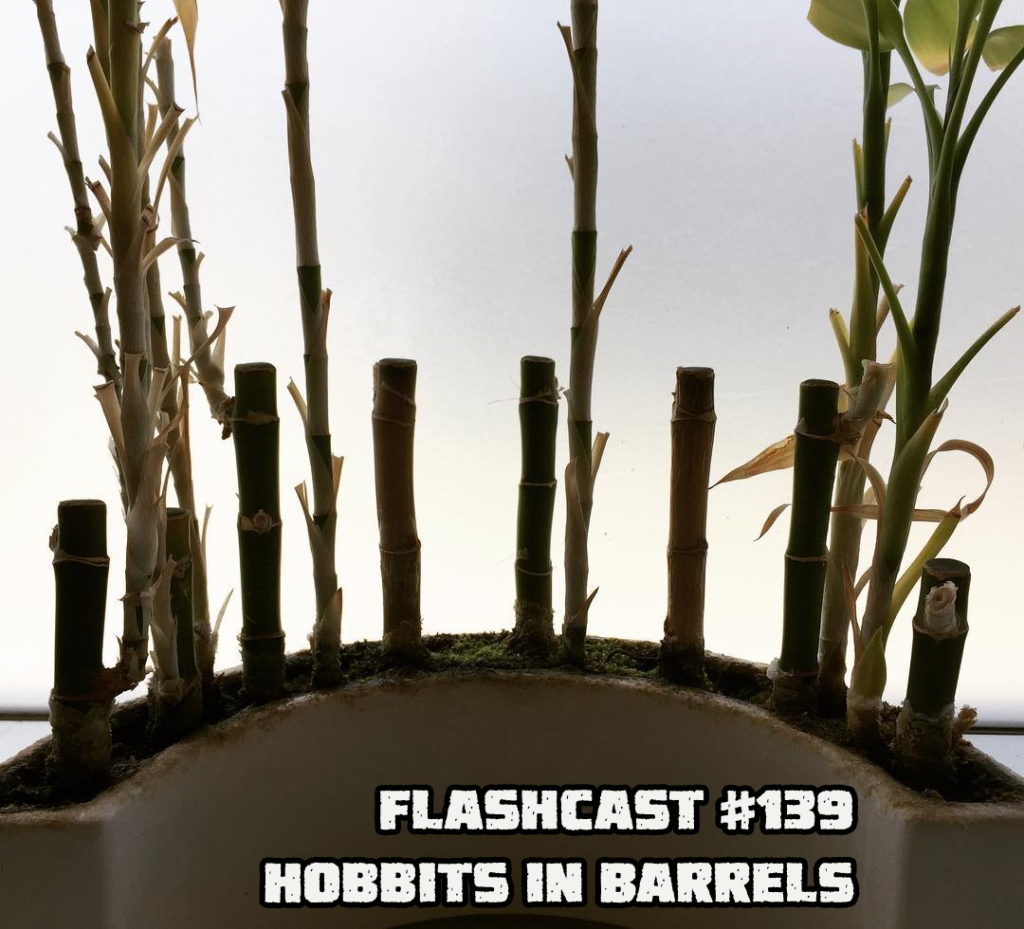
Hello, and welcome to FlashCast #139.
Prepare yourself for: Murder hotel exhumation, Guardians Vol 2, what’s stealthing?, caffeination, and When I was Seventeen
* * *
Huge thanks to:
- Richard the Time Traveler for sending us the Unknown Package!
* * *
Pulp-ular Press:
* * *
Skinner Co. Announcements:
* * *
Mailbag:
- Send your comments and questions to comments@flashpulp.com!
* * *
Backroom Plots:
* * *
If you have comments, questions or suggestions, you can find us at http://skinner.fm, or email us text/mp3s to comments@flashpulp.com.
FlashCast is released under the Creative Commons Attribution-Noncommercial 3.0 Unported License.



